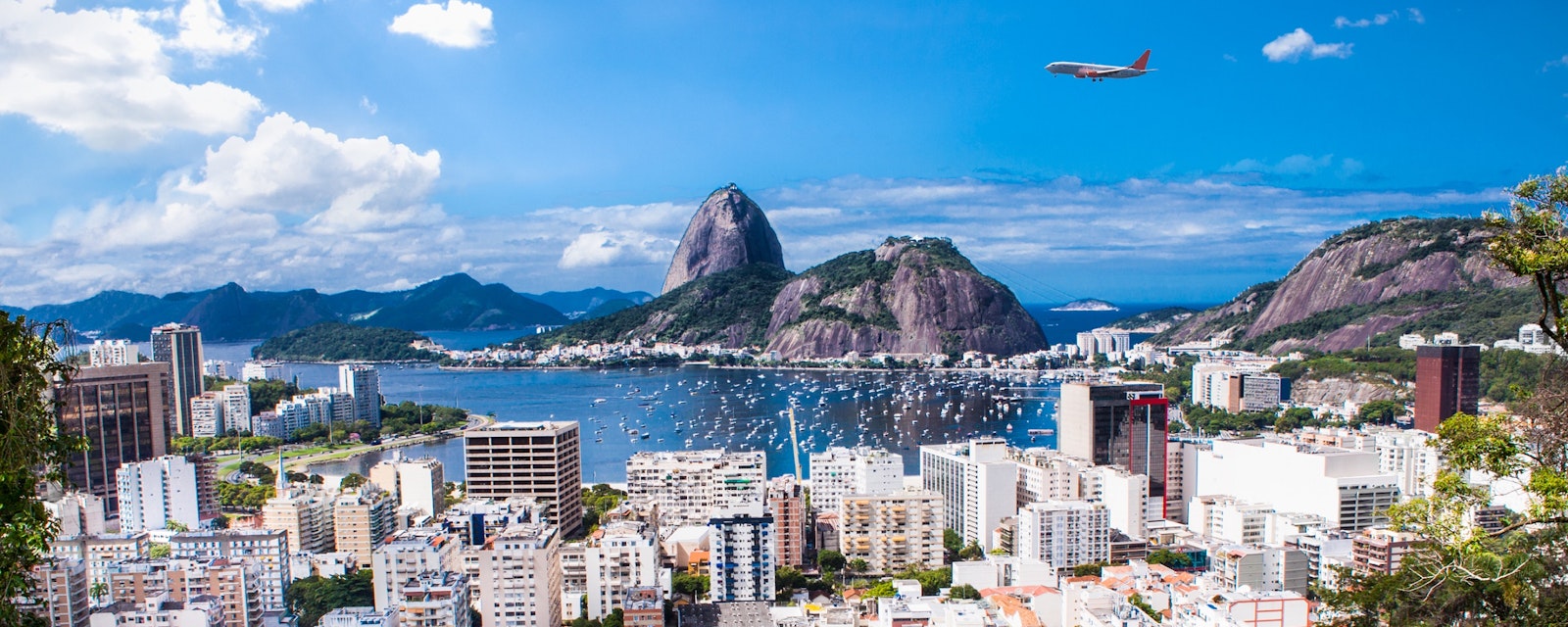President Jair Bolsonaro had been urging his supporters to attend the celebration of Brazil’s bicentennial Independence Day on 7 September, for a few months In doing so, his interest was clearly electoral, not civic. He aimed to fire up his base – which attended in significant numbers.
Bolsonaro’s focus was squarely on the upcoming elections, including low-key attacks against former president Luiz Inacio Lula da Silva, who is leading in the polls ahead of the 2 October first-round vote. Contrary to last year’s festivities when he also spoke to a largely partisan crowd, Bolsonaro refrained from attacking the electronic voting system and the electoral court, though he was still critical of the Supreme Court (STF), albeit stopping short of singling out judges.
These are the main takeaways from the rallies:
Peace-and-love Bolsonaro? The president followed the advice of close aides and focused on what he perceived as his achievements such as the choice of technical ministers, falling inflation, and the “biggest cash transfer program in the world” (Auxilio Brasil). He suggested all the same that he would make the STF play according to the Constitution if elected and made comments that are sure to antagonize women – which polls indicate as one of his main weaknesses.
National colors. By mingling the civic with the electoral, the president had a fair shot at creating a direct link between his family agenda and a God and country platform that plays well in his conservative and evangelical support base. The green and yellow of the national flag and the national football team jersey have been appropriated by his campaign as the colors of the “real Brazil” – as opposed to the red color of Lula’s Workers’ Party (PT).
Major victory. These events reflected a major victory for the president in bringing his support base to the streets in impressive numbers and, most importantly, convincing the Armed Forces to acquiesce and play along despite a clear breach of constitutional and electoral rules that bar campaigning during a civic event. The Armed Forces went as far as to overrule a decision by the Rio de Janeiro mayor not to change the traditional military parade from the city’s center to the Copacabana beachfront as the president wanted. This does not mean that the forces would support a coup in case of a Bolsonaro defeat but it shows a bias in favor of the president.
Last-ditch attempt. With little time left before the first-round elections, Bolsonaro may have exhausted his electoral artillery at a time when polls are fairly stable. Both have oscillated within error margins in the last couple of weeks – but the numbers have been resiliently stable for a few months already. The effect of a new and enhanced cash transfer for the most vulnerable, for example, has certainly not moved the dial in Bolsonaro’s favor. Lula has increased his difference to Bolsonaro in the one-minimum wage bracket, which accounts for 28% of the electorate – from 22 to 25 percentage points.
Popping the bubble? The bicentennial rallies certainly fired up Bolsonaro’s support base and might even prompt some in the less than 30% of undecided voters to look favorably on his campaign. It is unlikely, however, that Bolsonaro pops Lula’s bubble (consistently at 40-44% of the preference in the first round and around 52% in the second) despite yesterday’s strong show of support for the president.
Whose corruption? Bolsonaro has been more aggressive in relation to corruption but a new case involving the payment by his family of at least 51 of 107 real estate properties in cash over the years may attenuate the effectiveness of the issue for the president. Combined with a recent but small percentage-point increase in the polls by center-left candidate Ciro Gomes and the center-right Simone Tebet, the Bolsonaro bicentennial rallies may at a minimum secure a place for Bolsonaro in a run-off election – but not necessarily an ultimate victory.




